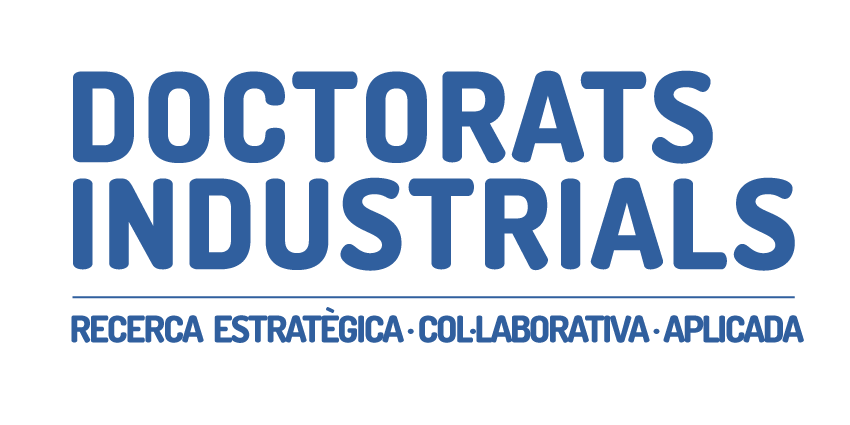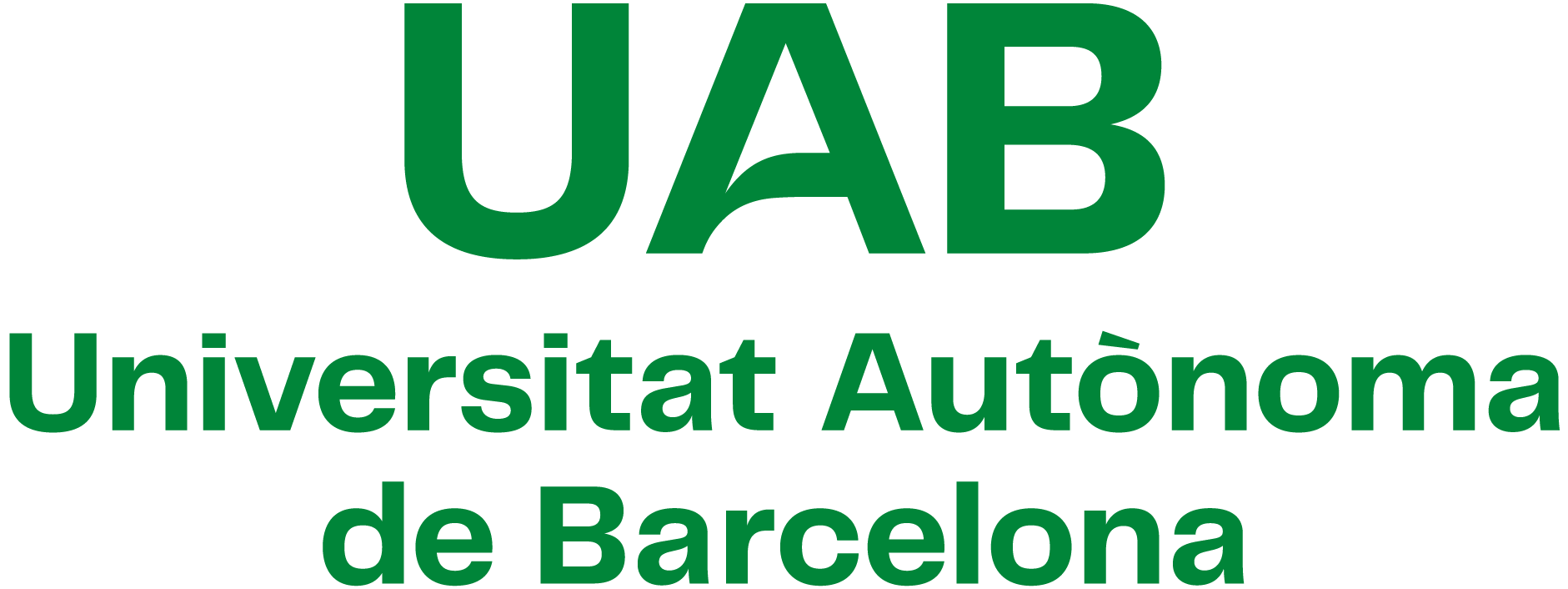Descripció del projecte
Porcine circovirus 2 (PCV-2) is one of the main pathogens affecting swine worldwide. Since the advent of the first PCV-2 vaccines more than 15 years ago, these products are the most used ones in domestic swine, to the point that most pig producing countries have a vaccination rate of 90% or higher. These vaccine products are considered very efficient from a clinical and productive points of view, but they are not able to prevent infection. Therefore, the virus continue circulating in farms all over the world despite vaccination. Moreover, vaccination pressure has also changed the epidemiology of this viral infection, so, the extensive immunization of piglets caused eventual viral circulation in sows and gilts and ithe occurance of intrauterine infections. Therefore, to select the proper vaccination timing in piglets and/or breeding stock is fundamental to assess the specific epidemiological features of PCV-2 infection and immunity in each particular farm.
IRTA-CReSA research group counts with 26 years of experience working with porcine circoviruses (mainly with PCV-2), with many partners across Europe (including Syva). On the other hand, Syva is a is one of the most important producer of medicine and vaccine products for pets and livestock in Spain, with a network of distributors in more than 70 countries worldwide. Also, SYVA as developer and producer of swine vaccines has an interest in the disease, so, it is considered that to be aware about new potential epidemiological scenarios of PCV-2 is key to position future products in the market.
Taking into account the abovementioned need to ascertain the current PCV-2 epidemiological picture, the objective of the present industrial doctorate proposal is to determine the timing of natural infection in different farms from Spain and assessment of the ideal moment of piglet and breeding stock vaccination to prevent losses associated to PCV-2 infection. Specific proposals include to investigate the evolution of maternally derived antibodies in different production systems and vaccination regimes, establish the longitudinal infection dynamics (including genotyping of PCV-2) during the whole production period in several vaccinated herds, and assess the pen-level distribution of PCV-2 infection and its transmission over the nursery and fattening periods. The specific expected outcome of this industrial doctorate is the elaboration of a strategy of piglet and sow PCV-2 vaccination based on laboratory tools that maximizes the efficiency of such vaccination in each epidemiological scenario.


